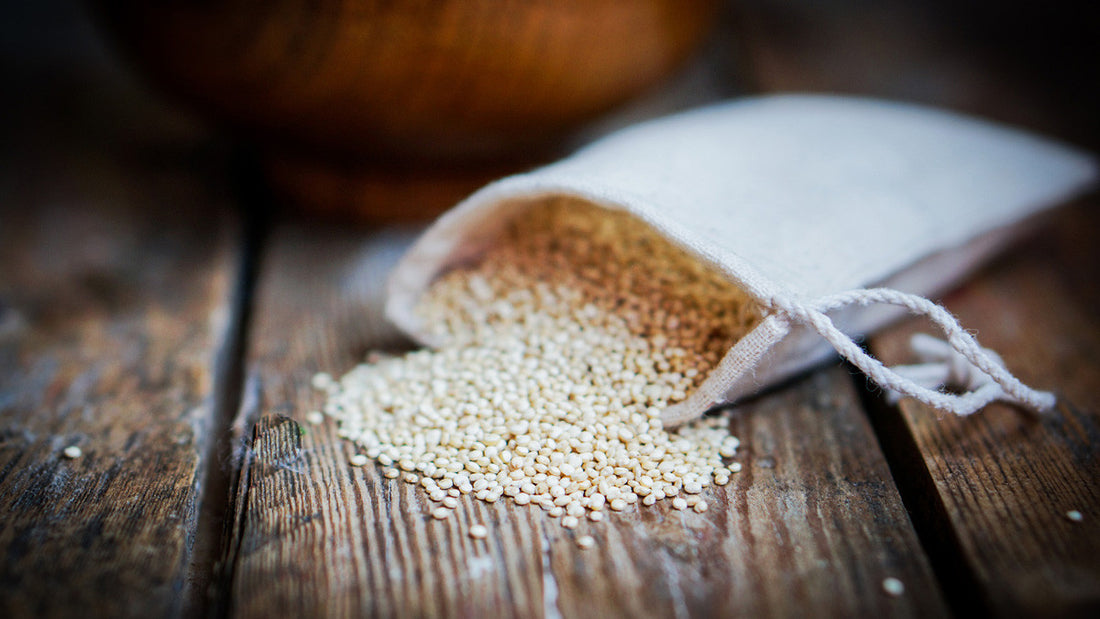What’s all the fuss about plant proteins?
Complete proteins support tissue growth and repair, provide energy and fuel for an active lifestyle, and support a balanced and healthy metabolism. For people who chose to source their protein from plant foods, it’s important to know the best sources of protein. Proteins are formed out of organic compounds called amino acids. Nine amino acids are called “essential” because the human body cannot synthesize them and they must be obtained from diet. These nine essential amino acids are called histidine, isoleucine, leucine, lysine, methionine, phenylalanine, threonine, tryptophan, and valine. The best plant-based proteins offer a spectrum of amino acids. Did you know: Contrary to what you may have heard, you do not need to consume every amino acid in every meal to meet your protein needs! Simply consuming a variety of amino acids throughout the day is all that’s needed for your body to form protein. Benefits Of Plant-Based Proteins For people with an average, sedentary lifestyle, the recommended daily intake of protein is 0.36 grams per pound of body weight. To keep up with the nutrient demands of athletes, the recommended daily intake is increased to 1 gram of protein per pound of body weight. The key, however, is intaking not just the right quantity, but rather the best quality protein. Plant sources of protein offer additional nutrients that even meat eaters should tap into, including fiber, minerals, and vitamins. Getting adequate protein in your plant-based diet is straightforward once you know the best sources to incorporate into your diet! Here are some of the best sources of plant-based protein:- Yellow Pea
- Buckwheat
- Chia Seed
- Soybean
- Hemp Seed
- Vegetables
- Quinoa
- Lentils
- Nuts
- 1 oz. cashews - 4.4 grams protein
- 2 oz. walnuts - 5 grams protein
- 1 oz. pistachios - 5.8 grams protein
- 1 oz. almonds - 6 grams protein
- Nutritional Yeast

